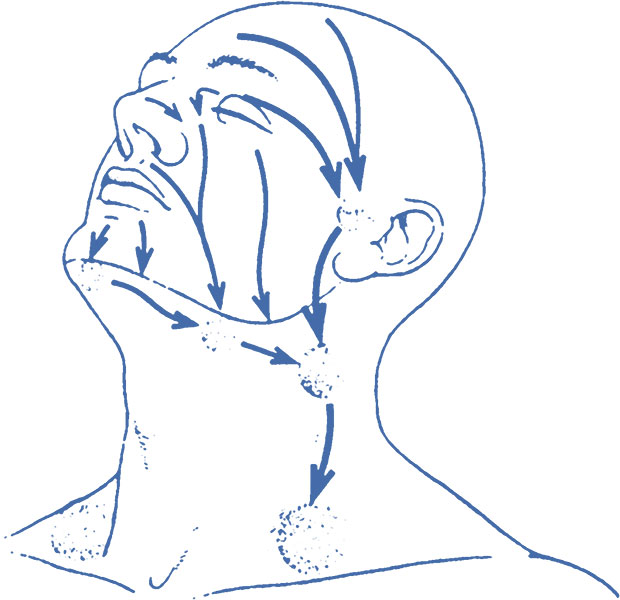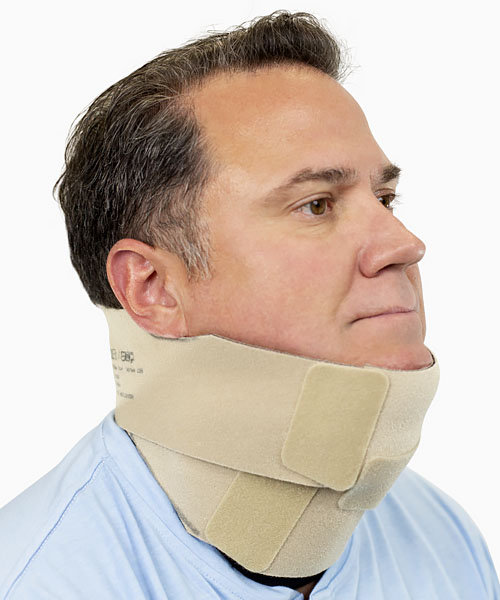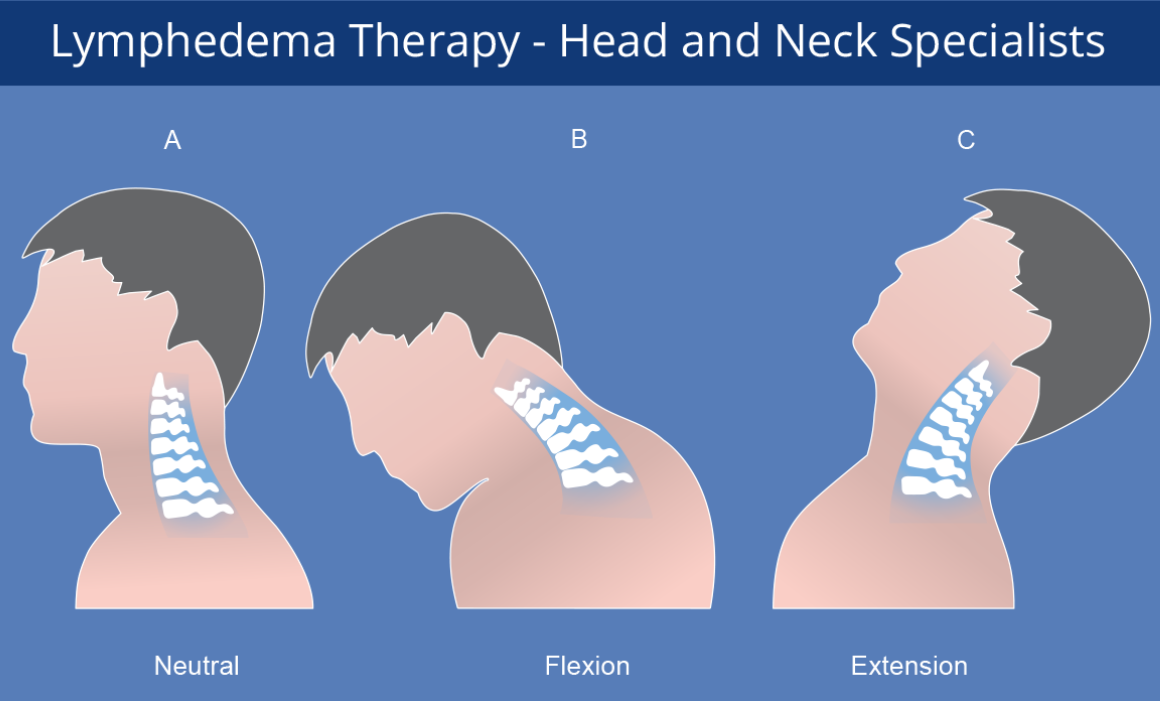
Lymphedema typically affects the limbs, but it can also develop in other parts of the body such as the head and neck area. Head and neck lymphedema is commonly caused by radiation therapy or surgery for cancer in these areas. It affects swallowing and communication and, in severe cases, can make breathing, moving, and seeing difficult. It’s also common for patients to feel embarrassed and frustrated because the condition can cause disfigurement.
However, proper treatment can reduce the symptoms and make them more manageable. If you want to care for patients with this condition, sign up for head and neck lymphedema courses to learn the best practices.
The best online lymphedema courses take only two and a half days to complete. They provide the practical application and academic foundation for head and neck specialists to implement the standard techniques to minimize edema. Specialists and certified lymphedema therapists can learn about the basic lymphatic system, manual lymph drainage, evaluation and measurement, documentation and billing, and compression wraps and garments.
How Common is Head and Neck Lymphedema?
Primary lymphedema is hereditary and occurs due to a problem in the lymphatic system. In contrast, secondary lymphedema occurs when there is damage to the lymphatic system because of a pre-existing condition, accident, or surgery. Most head and neck lymphedema cases follow cancer treatment, such as biopsies and radiation. That’s because the area has many lymph nodes that are hard to avoid during treatment.
Head and neck cancer patients have a 50 percent risk of developing lymphedema in this region. Early detection and treatment are crucial, as the condition could cause breathing, swallowing, and speaking problems if left untreated. The swelling starts internally, usually in the pharynx and larynx, and gradually surfaces and becomes visible.
Treating Head and Neck Lymphedema
Complete Decongestive Physiotherapy is the basis of head and neck lymphedema treatment. One of its most crucial components is manual lymph drainage, which aids the flow of lymph fluid from an affected area back to the lymphatic system.

Compression wear is another critical component of decongestive therapy, and it is recommended for maintaining the results of reduced swelling after manual lymph drainage. This is why therapists emphasize the importance of custom fitting and sizing to suit the patient’s needs. Finding off-the-shelf compression garments for head and neck lymphedema can be difficult, but online retailers like LymphedemaProducts.com offers a selection of them, including Solaris’s TributeWrap Head & Neck garment.
Treatment Involves Prevention
Online lymphedema courses can also teach therapists how to help patients minimize the risk of developing the condition in the first place. For instance, it’s important to avoid bites, bruises, cuts, and injuries in the affected area, as these can trigger either the onset of the condition or a flare-up. Therapists also recommend maintaining a healthy body weight, exercising regularly, and sleeping with a slightly raised upper body.
Signup for Courses to Specialize in Head and Neck Lymphedema Treatment
Norton School of Lymphatic Therapy offers Head and Neck Lymphedema Certification Courses to help you become an efficient therapist to help your patients overcome and manage their condition. Our online lymphedema courses are designed for Speech-Language Pathologists and Certified Lymphedema Therapists who treat head and neck cancer patients. The course content includes the basics of lymphatic physiology and anatomy and basic MLD techniques for the head and neck. The emphasis is on performing basic techniques to manage the patient’s condition.

